Russian President Vladimir Putin recently outlined his demands in a detailed memorandum, marking a pivotal moment in the ongoing conflict between Russia and Ukraine. The negotiations took place during a second round of talks in Istanbul, where Russian negotiators presented a comprehensive set of requirements for both a ceasefire and the resolution of the war.
In this extensive document, Moscow laid out its conditions for a final settlement, including the withdrawal of Ukrainian troops from specific regions under partial Russian occupation. One striking demand was international recognition of Russian sovereignty over these territories as well as Crimea. Additionally, Kyiv was urged to limit its military capacity, embrace permanent neutrality without foreign troop presence on its soil, and reinstate diplomatic and economic ties with Russia.
As tensions escalated, Vladimir Medinsky, an aide to Putin, criticized Ukraine’s stance during the negotiations by accusing them of theatrics:
“Do not put on a show for European tender-hearted aunties who do not have children themselves.”
This remark underscored the deep-rooted animosity and mistrust between the two sides.
The Kremlin also outlined prerequisites for a 30-day ceasefire that left Ukraine with difficult choices. They were required to withdraw troops from disputed mainland regions or comply with various terms such as canceling martial law and organizing elections. However, these demands were deemed unrealistic by many observers and unlikely to pave the way for meaningful peace negotiations.
Despite efforts to broker truces and facilitate exchanges of fallen soldiers’ bodies and prisoners of war between Russia and Ukraine at Ciragan Palace in Istanbul, significant divides persisted. The talks highlighted stark divergences in priorities and objectives between the conflicting parties.
While Russia’s proposals echoed earlier terms rejected by Ukrainian President Volodymyr Zelensky as overly conceding, Kyiv emphasized security guarantees against future invasions alongside international disapproval of Moscow’s territorial occupations. The contrasting visions for peace underscored fundamental disagreements on core issues crucial to resolving the conflict.
The negotiation dynamics were further strained when an audacious drone attack targeted Moscow’s strategic bomber fleet during discussions at Ciragan Palace. This incident added another layer of complexity to an already tense atmosphere where gestures like handshakes were notably absent.
The situation escalated when Russia retaliated against Ukraine’s request for repatriating hundreds of Ukrainian children stranded in Russian territory by proposing to return only ten individuals. This humanitarian impasse highlighted broader challenges beyond just military considerations in achieving lasting peace between the warring nations.
Amidst these developments, Putin’s release of demands coincided with a significant setback for Russia as dozens of strategic bombers were destroyed in an unexpected security breach orchestrated by Ukrainian forces using drones. The operation dealt a considerable blow to Moscow’s military capabilities while reshaping power dynamics within the conflict zone.
As both sides navigate complex negotiations fraught with mistrust and divergent interests, finding common ground remains elusive despite intermittent attempts at reconciliation. The mountainous wedge between Moscow and Kyiv underscores deep-seated ideological disparities that continue to hinder progress towards sustainable peace in the region.


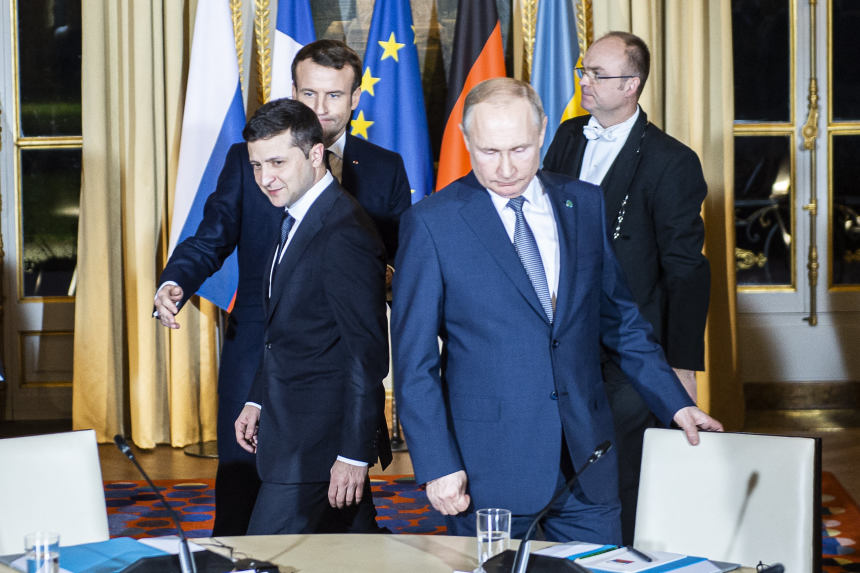
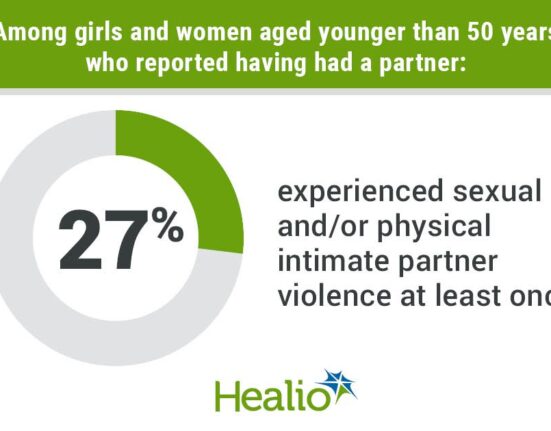

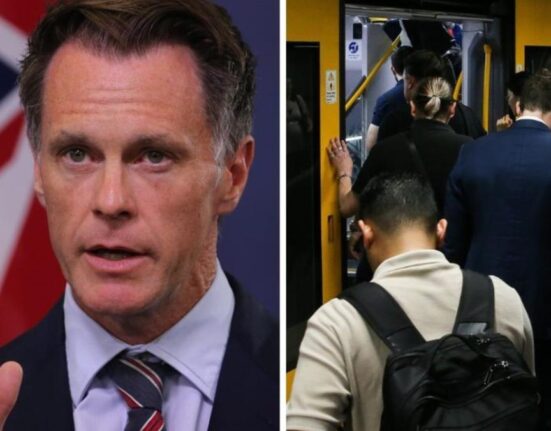
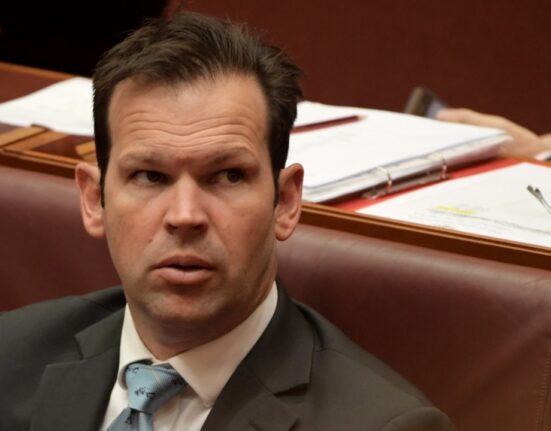
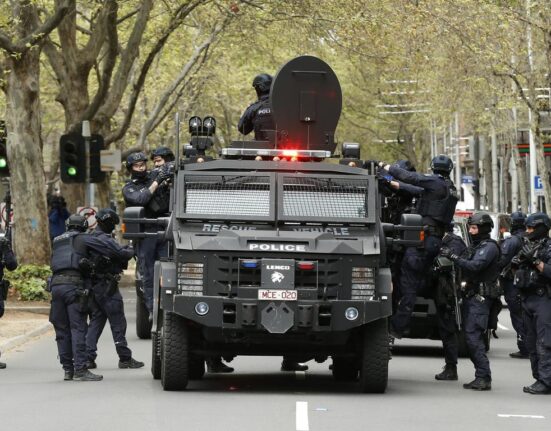

Leave feedback about this